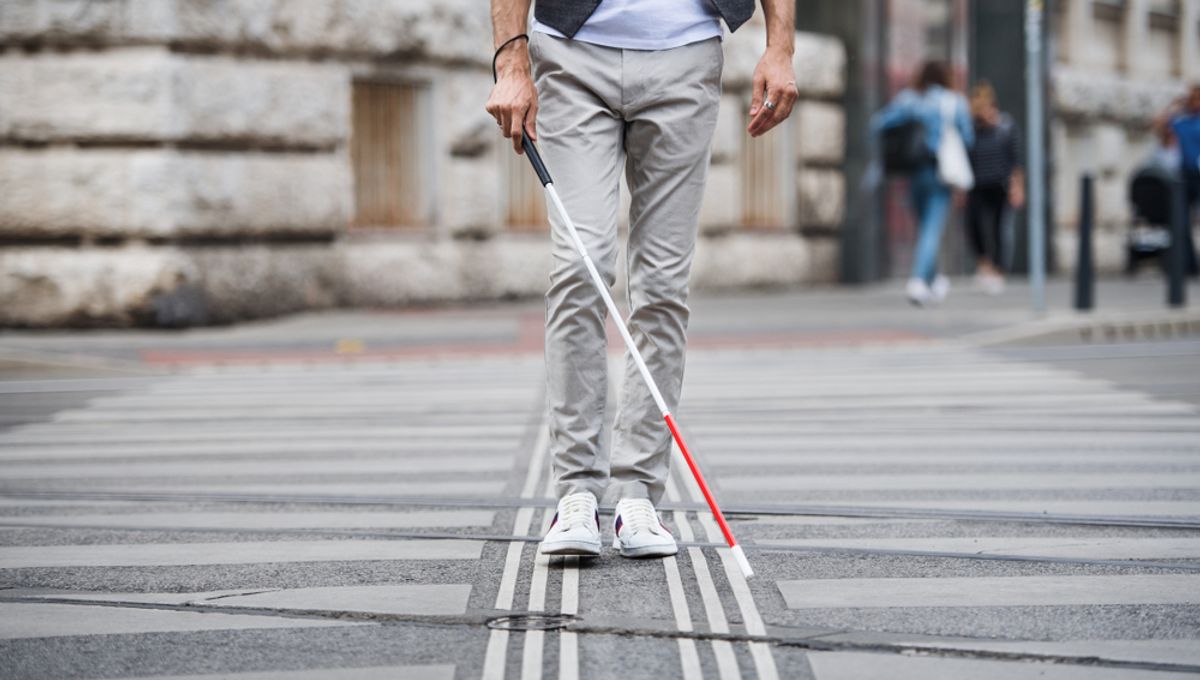
A new study has offered hope that we could be close to finally finding a treatment for a rare form of inherited blindness in adults. Such a treatment has been sorely lacking after recent results have suggested promising therapies for children, but not for adults who are currently living with the condition.
The therapy, which was tested on adult mouse models and uses synthetic retinoids, resulted in activation of vision-related neurons in the models and could one day provide a viable treatment option for adults with Leber congenital amaurosis (LCA).
LCA is a rare inherited form of blindness that affects around one to two of every 100,000 newborns. People born with it are often blind at birth, and symptoms include rapid eye movements, clouded lenses, and unusually high sensitivity to light. Treatments for LCA are based on relieving symptoms, and in 2017 a drug called Luxturna was approved which helps patients’ vision, particularly in lower light settings.
LCA is thought to arise from at least 27 different genetic mutations, all of which lead to a change in how the eye’s photoreceptors interpret light into signals for the brain. Various therapies are currently in development to target these receptors and restore activity within them, but so far synthetic retinoids have proven the most promising.
In a recent study published in Current Biology, scientists from the University of California administered synthetic retinoids to adult mouse models of LCA, and monitored any improvements in vision. When subjected to vision tests, the mice had increased activity in the visually-responsive neurons within the brain, as well as increased eye-specific responses within the primary visual cortex. Of course, it is very difficult to judge how well mouse models can see and how these findings would translate to humans, but all the signs pointed to a successful outcome.
“This goes against the common perception that if the brain is ‘not trained’ in individuals who never had any acceptable vision, there is no hope. This study suggests that there may [indeed be some hope, and that is the] novel and exciting part of the study’s conclusion,” Dr. Rando Allikmets, professor of ophthalmic sciences at Columbia University Department of Pathology and Cell Biology, who is not affiliated with this study, told Medical News Today.
This isn’t the only study that has produced promising results, however. While these researchers explored synthetic retinoids, a second study has explored a genetic therapy using a virus vector to deliver a healthy copy of a gene and the results showed an almost immediate effect on the participants’ vision. Even after decades of blindness, the patients had rapid and noticeable improvements in light-sensitivity by rod cells. The clinical trial remains underway.
“Just as striking was the rapidity of the improvement following therapy. Within eight days, both patients were already showing measurable efficacy,” said study co-author Arthur Cideciyan, a research professor of Ophthalmology at Penn, in a statement.
Together, the results demonstrate something once thought impossible. Helping the blind may not require intervention at birth – instead, people that have not seen for decades could soon be offered therapies that restore their missing vision.
The studies were published in Current Biology and iScience.
[H/T: Medical News Today]
Source Link: Could Science Treat Inherited Blindness Soon? New Results Suggest So